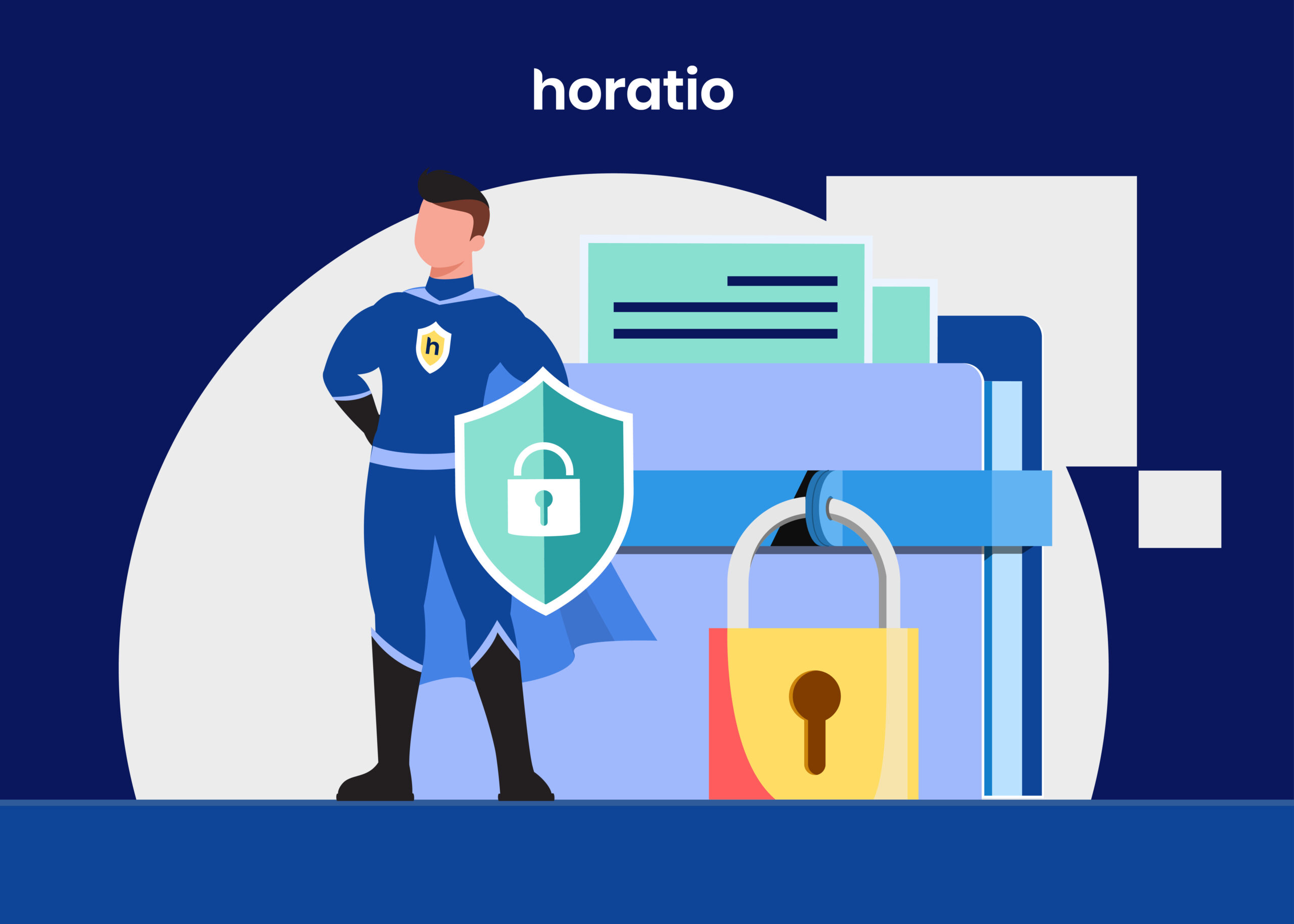Delivering consistent and personalized service is crucial for creating lasting customer relationships and fostering loyalty. It’s about making each customer feel valued and appreciated for their unique preferences and needs.
Loyal customers not only contribute to revenue but also act as brand advocates. Yet, customer loyalty isn’t built overnight; it’s a result of consistently delivering personalized services.
In this blog post, we explore the strategies that lead to customer loyalty by delivering both consistent and personalized services.
The Foundation of Customer Loyalty
Customer loyalty refers to the willingness and commitment of a customer to consistently choose and purchase products or services from a particular brand or company over an extended period of time. It goes beyond just making one-time purchases and reflects a long-term relationship between the customer and the business.
Building and maintaining customer loyalty involves various strategies, such as providing exceptional customer service, offering rewards or loyalty programs, consistently delivering high-quality products or services, and establishing a strong brand identity. It’s important to note that earning and keeping customer loyalty requires ongoing effort and a genuine commitment to meeting customer needs and expectations.
The foundation of customer loyalty is rooted in a deep and enduring relationship between a business and its customers. It goes beyond simple transactions and one-time purchases. Customer loyalty is built upon several key principles and practices that contribute to creating a strong foundation.
Benefits of Customer Loyalty
Customer loyalty is a valuable asset for businesses because loyal customers tend to:
1. Repeat Purchases:
Loyal customers are more likely to make repeat purchases from the same brand, which contributes to stable revenue streams.
2. Higher Spending:
They often spend more on products or services, as they trust the brand and are willing to explore a wider range of offerings.
3. Positive Word of Mouth:
Loyal customers are more likely to recommend the brand to friends and family, which leads to new customer acquisitions through word of mouth.
4. Cost Efficiency:
Acquiring new customers is generally more expensive than retaining existing ones. Loyal customers can help reduce marketing and customer acquisition costs.
5. Resilience to Competition:
In competitive markets, businesses with a strong base of loyal customers are better positioned to withstand challenges from competitors.
Read more: The Key to Exceptional Customer Service Success: Employee Recognition
Consistency in Service
Consistency in customer service is a fundamental aspect of building trust, meeting customer expectations, and fostering loyalty.
Consistency in customer service is not only about delivering the same experience every time but also about consistently delivering a high-quality, customer-focused experience. It’s an essential element for building customer trust, satisfaction, and loyalty, and it can set your business apart in a competitive market.
Personalization in Service
Personalization in customer service involves tailoring interactions and offerings to meet the specific needs, preferences, and expectations of individual customers. It’s a strategy that acknowledges the uniqueness of each customer, aiming to create a more relevant experience.
Effective personalization in customer service requires a balance between using customer data to enhance the customer experience and respecting privacy and consent. When done correctly, personalization can lead to increased customer satisfaction, loyalty, and higher conversion rates, as customers are more likely to engage with and purchase from businesses that understand and cater to their individual needs.
Combining Consistency and Personalization
Combining consistency and personalization in customer service is a powerful strategy that can help businesses create a balance between delivering a uniform, reliable experience and catering to the unique needs of individual customers.
By combining consistency and personalization, businesses offer a dependable and tailored customer experience that not only meets customer expectations but also strengthens customer loyalty and engagement. This balance can lead to improved customer satisfaction and long-term business success.
Here’s how you can effectively combine these two elements:
1. Establish Consistent Service Standards:
Start by defining clear and consistent service standards that apply to all customer interactions. These standards should cover aspects such as response times, quality of service, and communication style.
2. Segmentation for Personalization:
Use customer data to segment your customer base into groups with shared characteristics or behaviors. This segmentation provides the foundation for personalization efforts.
3. Consistent Communication Channels:
Maintain consistency in the communication channels you offer to customers, such as phone, email, chat, and social media. This ensures that customers can interact with your business using their preferred method.
4. Personalized Content Within Consistent Frameworks:
Create a consistent framework for your website, mobile app, or other digital platforms. This framework should include a standardized layout, navigation, and design.
5. Consistent Brand Identity:
Maintain a consistent brand identity, including logo, colors, and brand messaging, across all customer touchpoints. This consistency helps customers recognize and trust your brand.
6. Dynamic Personalization:
Implement dynamic personalization techniques on your digital platforms. For example, show different homepage content or product recommendations based on a visitor’s browsing history or profile.
7. Personalized Customer Service Interactions:
Train customer service representatives to personalize interactions by using customer data. This can involve addressing customers by name, acknowledging their preferences, and referencing previous interactions.
8. Feedback and Iteration:
Continuously gather feedback from customers to refine both your consistent service standards and your personalization efforts. Use surveys, reviews, and direct feedback to make improvements.
9. Data Privacy and Security:
Ensure that you handle customer data with utmost care and comply with data privacy regulations. Communicate your commitment to data privacy and security to build trust with customers.
The Future of Customer Loyalty
Customer loyalty is not a one-size-fits-all solution; it’s the result of consistent effort, attention to detail, and a genuine commitment to meeting and exceeding customer expectations. Building this foundation takes time and dedication, but the rewards in terms of customer retention, brand advocacy, and long-term success make it well worth the investment.
The future of customer loyalty is expected to evolve in response to changing consumer behaviors, emerging technologies, and evolving business strategies. Successful brands will be those that can adapt to them.
At Horatio, we have contributed to the rapid development of customer service solutions that guarantee customer loyalty. Contact us today to level up your customer loyalty.







